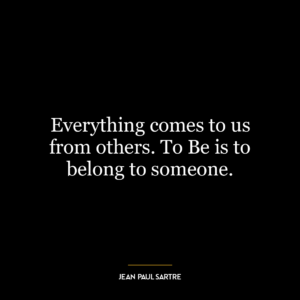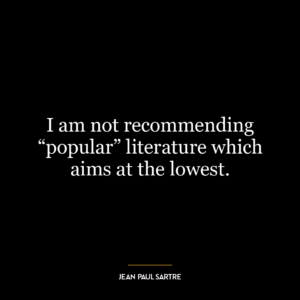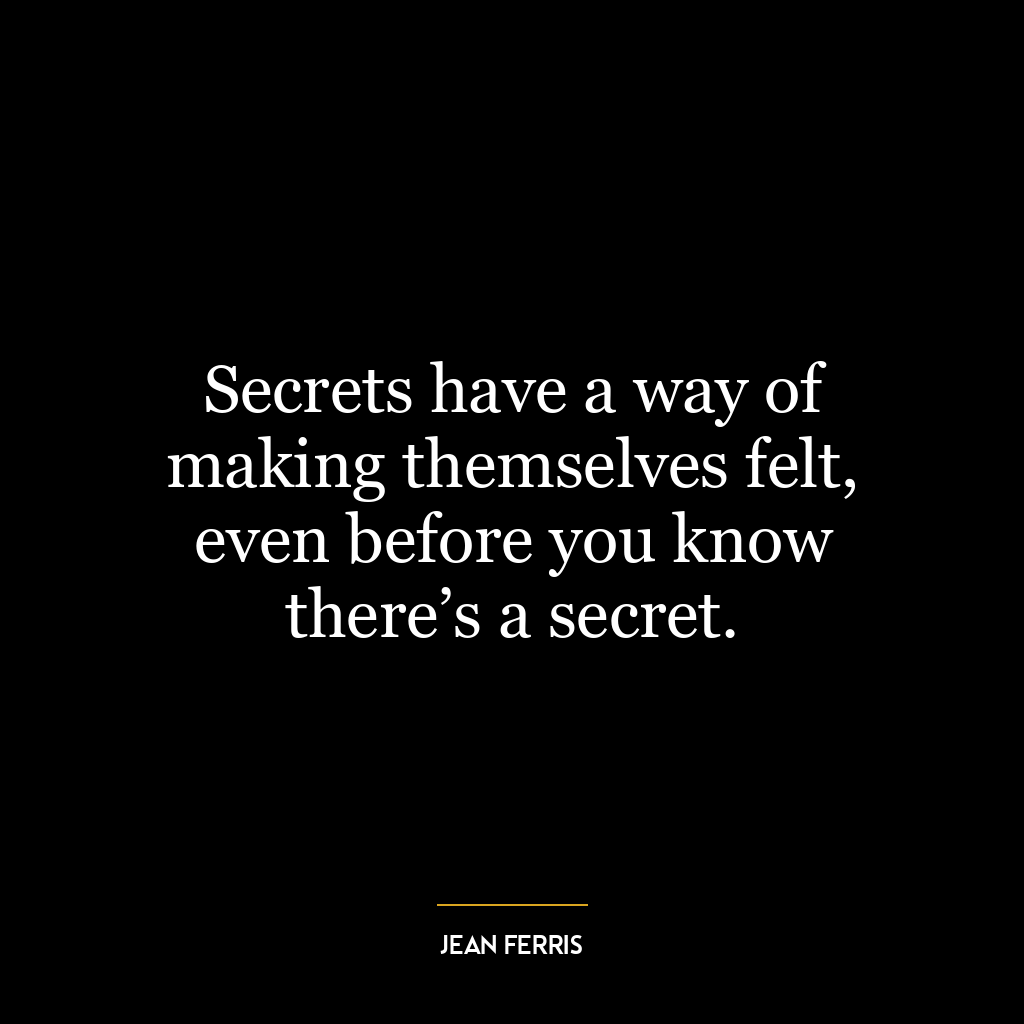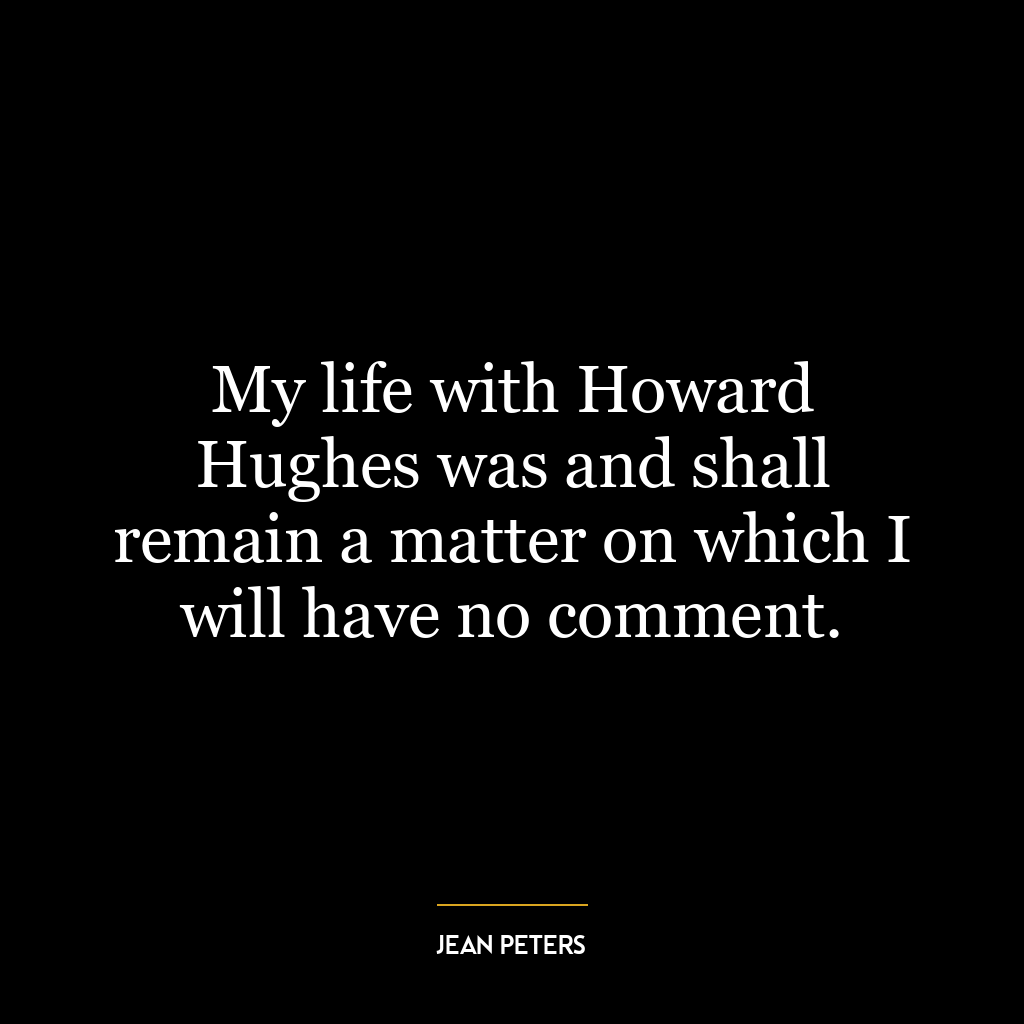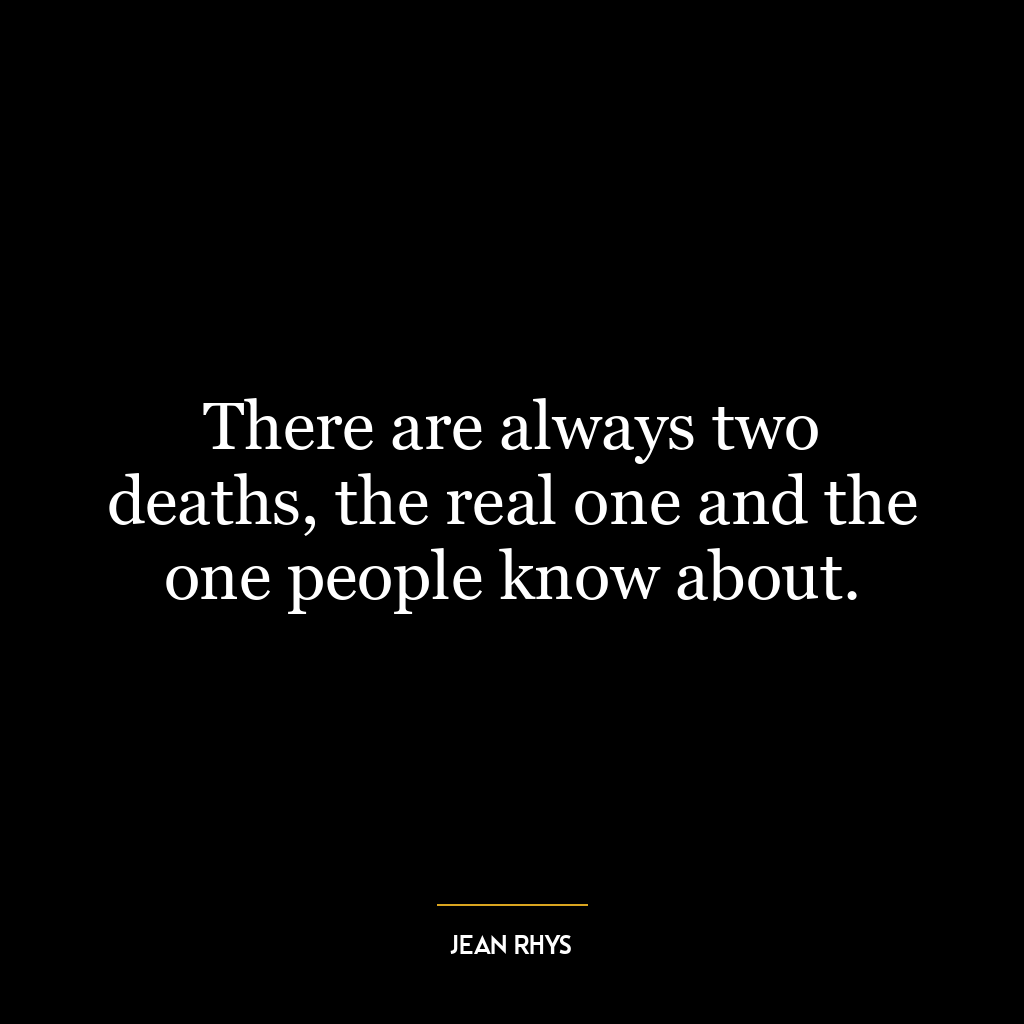This quote suggests that actions or events that occur under the cover of darkness – metaphorically or literally – belong to that realm and should not be discussed or brought into the light of day. It implies a division between night and day, or more symbolically, between our private and public lives.
The ‘night’ could represent our secrets, our hidden selves, or actions that we don’t want others to know about. These could be our personal struggles, our shameful actions, or our guilty pleasures. According to the quote, these belong to the ‘night’ and should remain there. The ‘daytime’, on the other hand, is the realm of the public, the visible, and the openly discussed.
In today’s world, this quote could be interpreted as a commentary on the blurring boundaries between our private and public lives, especially with the advent of social media. We often share aspects of our lives that would have been considered ‘night’ activities in the past. This could be a call to maintain some boundaries and keep some parts of our lives private.
In terms of personal development, this quote could be seen as a reminder to acknowledge and accept the ‘night’ aspects of our personality. We all have flaws and make mistakes, and these belong to the ‘night’. Rather than trying to expose or eradicate these, we could learn to accept them as part of who we are. At the same time, we should strive to not let these ‘night’ aspects dominate our ‘daytime’ lives. We should not let our mistakes, flaws, or past actions define us in our everyday interactions and public persona.
In essence, the quote suggests a balance and a boundary between the ‘night’ and the ‘day’, between our private and public selves. It’s a call for acceptance, discretion, and balance in our lives.




